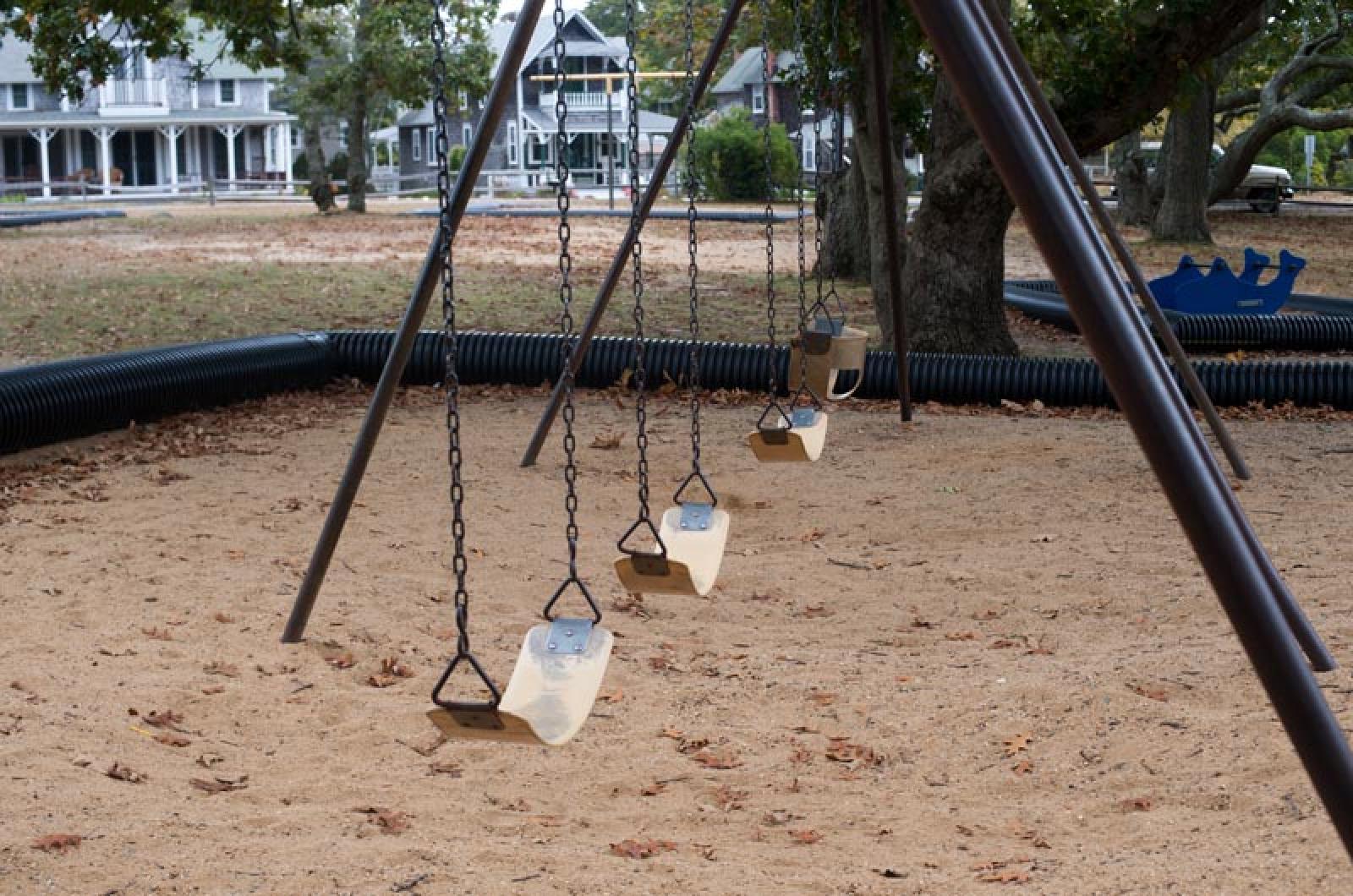It took a few weeks, but I can no longer watch the news, the phalanxes of police, all geared-up like modern day gladiators in cities all over the country I no longer live in. I can’t stomach watching people being shot at with rubber bullets, knocked to the ground, shoved, dragged, beaten with batons, teargassed and pepper spayed. Some of these enforcers have even taped over their badge numbers to avoid identification as though they were above reproach, members of a private army with complete immunity.
I had to stop watching. When I finally did, I found myself questioning my own beliefs more deeply. The violence was nothing new, we’ve just gotten used to it until it finally boiled over, surprising some more than others.
So now I’m thinking a lot about a skinny 12-year-old kid named Lenny. We were the same age when his family moved into the house next door to mine. It was 1966 and the streets were filled with neighborhood kids playing together, including Lenny the newcomer. Lenny was a member of the only black family in the entire neighborhood, an average, all-white middle-class suburb. He and his older sister Nadine were also the only black kids in the entire school of nearly 2,000 students. His dad worked curbside at Kennedy Airport as a baggage handler. We called them Skycaps in those days. His mom worked as a surgical nurse in one of the big New York city hospitals. Until then I didn’t know anyone whose mom worked. On evenings and weekends his dad sold insurance in the all-black neighborhoods, which I knew existed but had never actually seen.
Lenny was immediately part of that large group of kids who played whiffle-ball in the street, rode their stingrays all over the place and learned all the lyrics to the new Beatles songs. Both of us played the violin and were in the seventh grade school orchestra together. I had taken lessons for six years and struggled to make anything even resembling music. Lenny was a musical prodigy and after his tryout was immediately moved up to first chair in the string section. He also had a full drum kit in the basement of his house which immediately made him quite popular with the rest of us adolescent boys. It turned out I was as bad on the drums as I was on the violin. Maybe worse.
About two years later we entered high school and Lenny seemed to vanish. Nadine disappeared too but we heard that she was so unhappy living there that she’d gone to live with relatives somewhere in Ohio.
By the early 1970s a handful of black students arrived at my high school, the result of mandatory busing. They had their own table in the school cafeteria at lunch and kept entirely to themselves. I don’t recall ever seeing Lenny sitting with them, but I also don’t recall seeing much of him anywhere else either. I knew he was still next door because he played his drums every afternoon for hours while I tried to do my homework accompanied by an endless rendition of Wipeout. It never occurred to me that it might have been his only outlet, an expression of frustration or maybe even rage. When I returned home from college after my freshman year they had moved away.
I learned a lot more about Lenny and his family 50 years later from a woman on Martha’s Vineyard who had never even met them. She walked into my West Tisbury store, Fiddlehead Farm, one morning. I introduced myself and when I asked her name, she said Michele and before she could say her last name it popped out of my mouth: “Norris.”
Although we had never met, the unique pronunciation of Michele (closer to Mee-shel ) and the sound of her voice tipped me off. I had listened to her for years on NPR and was a huge fan and told her so.
She came back the following day and gave me a copy of The Grace of Silence, her book about growing up as a black child in an all-white Minnesota suburb. Her story seemed instantly familiar to me, especially how her father made sure he had the nicest lawn on the block, a freshly painted house, an impeccably waxed car in the driveway and kids that were always well groomed, polite and studious. Her story filled in a lot of the blanks. After reading Michele’s book I realized I never really understood the depths of the struggle my neighbors had to contend with, and the sense of isolation Lenny and his sister must have suffered daily. I found an old photograph of a group of us at my birthday party. Lenny is standing slightly off to one side looking completely lost and alone.
I hope Lenny and Nadine found prosperity, happiness and acceptance in their adult lives, and wish them well wherever they may be and I’d hate to think their feelings eventually turned towards bitterness, which given the odds, I now know is more likely. It pains me to realize after so many years that the halcyon days of my youth were nowhere near the same for them.
Lenny’s parents struggled against the odds every day hoping to overcome things for the sake of their children, obstacles I was never aware of. I want to believe that the example they set mattered in the end. I also want to hang onto the belief that America is finally and fully willing to accept the challenge of change, now more than ever.
Robert Skydell lives in Granada, Nicaragua.




Comments (8)
Comments
Comment policy »